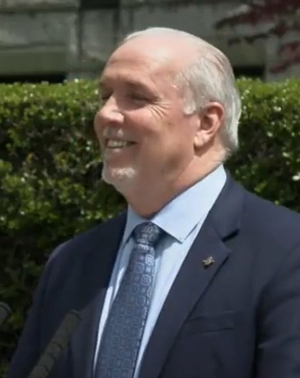
Wednesday June 3, 2020 ~ VICTORIA, BC [Updated June 21, 2020 including June 19, 2020 new Restart BC link]
by Mary Brooke ~ West Shore Voice News
Taking advantage of a warm summer day in June in the wake of the worst of the first phases of the COVID-19 pandemic in BC, Premier John Horgan addressed media — most of whom still adhered to physical distancing by phoning in.
The 37-minute session of initial remarks and answering media questions in the natural sunlight somehow signaled a celebration that the economy is striving to get to a ‘new normal’.
But the new normal is a long way off, as all the various economic and community sectors inch their way forward within the continued requirements for physical distancing and heightened personal and situational hygiene in Phase 2 of the BC Government’s Restart BC pandemic economic recovery program.
Businesses opening again, schools re-opened:
Slow re-emergence is occurring now from within the at-home self-isolation of carefully crafted Phase 1 lockdown which lasted from mid-March (a State of Emergency was declared March 18) to mid-May; a brief Phase 2 of preparing for emergence in business and schools was officially tagged as occuring after the May long weekend to cover the May 19 to 31 period, though that has dragged well into June while the Provincial Health Officer keeps an eye on case counts and community outbreaks. | Restart BC phases of economic recovery (updated June 19, 2020)
Right through the economic retreat during mid-March to the end of May some economic sectors never stopped — such as food retail, trucking for the food supply chain, and banking, and schools remained open for children of essential workers in health care and frontline economic sectors. Parks and camping opened up a bit toward the end of May.
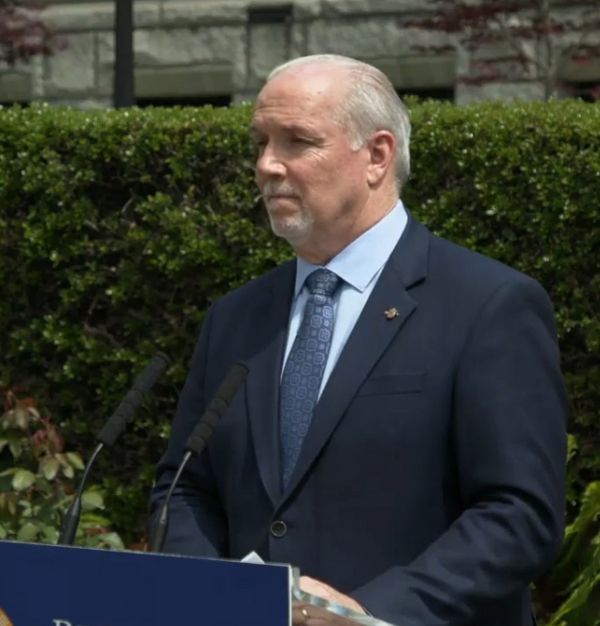
Now that schools are open for part-time in-class instruction, an increasing number of businesses are opening up, and people are back to work or shifting to new at-home routines while kids are at school.
Today Premier Horgan said he was outdoors in the legislative rose garden for “recess with a bit of sunshine”, in reference to kids back in school for part-time instruction that is still being balanced with remote learning at home.
“It’s been a very post experience for many” the Premier said. “We were concerned, as were parents and teachers. But the number of kids participating is increasing,” he said, saying it was a relief for parents who may have been struggling with home schooling along with doing their own work at home and taking care of family members. The health and safety of teachers, children, and everyone in the K-12 education system is paramount, said Horgan. “On balance we’re pretty positive with the outcome at this point. We’ll keep working to make sure people are safe, preparing for a full restart come September.”
Paying low-wage workers:
Horgan talked about the minimum wage increase to $14.60 at June 1 (up from $13.85 where it’s been since June 2019 ). He of course reminded that it’s been the lowest-paid workers doing important frontline work during the pandemic. “The least-paid workers should not pay the brunt of COVID,” the premier said.
“For some people on minimum wage it’s a welcome pay increase at a time when they desperately need it,” said Premier Horgan today. The minimum wage is pre-set to increase again at June 1, 2021 to $15.20/hour.
Anti-racial protests:
The premier of course addressed the anti-racism violence and ‘black lives matter’ protests in the United States that has been taking place for over a week: “I’m horrified to see what happened to George Floyd, and the response in major US cities,” Horgan said right off the top on that subject.
“Although we do our level best to address racism in BC it exists here too.” He said police can be given “better tools” for how to “interact with people from different backgrounds”.
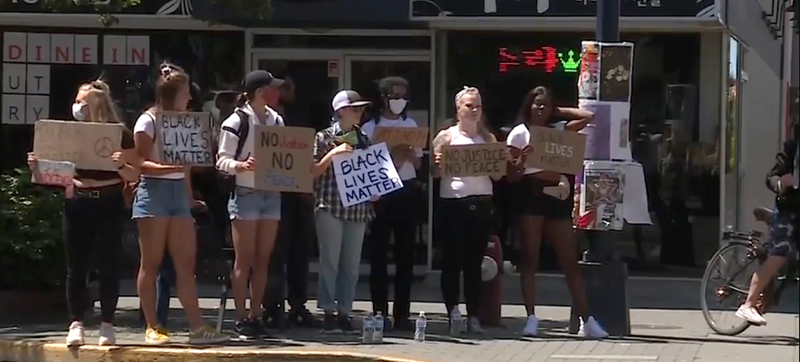
On the matter of protesting here in BC: “It was peaceful and appropriate,” said Horgan about protests in Vancouver and Victoria last weekend. But as we are still in a pandemic, he urged those who take part in the important process of speaking up for social change that they pay attention to physical distancing and wearing masks, out of consideration for all the work British Columbians have done to self-isolate, close businesses, physically distance, stay home if they’re sick, and do essential work on the frontlines as part of flattening the curve.
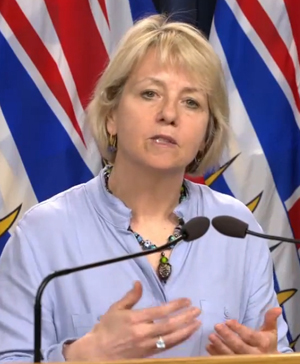
He encourages BC citizens “to have your voice heard” but also to abide by the Provincial Health Officer’s orders and guidelines about physical distancing. “Keep your distance from fellow protesters and wear a mask,” said Horgan, adding that if people are going to chant they should “cover yourself up”.
Public health messaging to youth:
Not that it’s any excuse, but the public health messaging focussed from the beginning primarily on seniors and the elderly (and immune compromised persons) being the most at risk from infection by COVID-19. Many young people feel they might be immune or if they become ill with COVID-19 that it would be an easy experience.
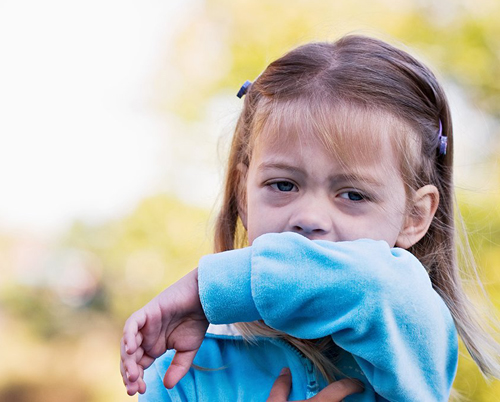
However, yesterday Provincial Health Officer Dr Bonnie Henry finally said that “very young people who recover at home (from COVID-19) can get very ill with this,” and that the illness can “wipe people out for a long time”. “It’s not just a cold. It can be very severe afterward.”
That’s one of the first times that Dr Henry has articulated the seriousness of the disease for people other than seniors. It really stood out for media who have been covering her COVID-19 press conferences since January.
As well, in various parts of the world, in some children a cardiovascular followup immune system reaction called Multisystem Inflammatory Syndrome in Children has been seen, about which Dr Henry already advised physicians to be on the alert for, several weeks ago. A more effective public health campaign directed at youth and young adults about COVID-19 may have prevented so many youth and young adults from attending the protests with little to no regard for physical distancing.
Child care strengthened as economic policy thanks to COVID-19:
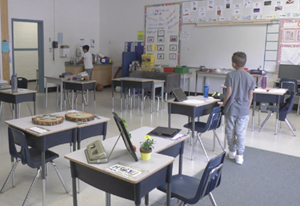
Premier Horgan also commented today on how if anyone still doubted that child care services are key to the stable function of the BC economy, they probably don’t now after seeing the need for child care for workers (and therefore indirectly for businesses) during the pandemic.
He said it will still take time to build out the 10-year plan for a robust child care system in BC, noting, in part, the time it takes to recruit and train early childhood educators.
In this pandemic, public schools essentially picked up the slack for essential child care services by providing continued in-class learning for the children of essential workers (in health care, retail and first responder sectors).
Cruise ship industry hard hit, be a tourist at home in BC:
Premier Horgan acknowledged that the cruise ship industry has been one of the hardest hit components of the tourism sector during the COVID-19 pandemic. What he called BC’s “dynamic tourism industry” has been impacted by restrictions on international travel, causing a major challenge for the cruise ship sector in Victoria, Vancouver, and the north island to Prince Rupert.
“The market will decide what the future of cruise ship industry is in BC and Alaska,” said Premier Horgan. He noted that the slow down in economies around the world in trying to manage the impacts of COVID-19, resulted in large part (at least the start) from many outbreaks on cruise ships.
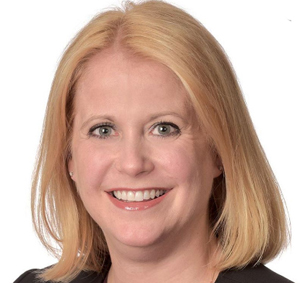
He said he doesn’t see people “lining up to get on a cruise ship”, noting that some Canadians had still been until recently on a cruise ship for a month and a half with no port to land in.
Horgan encourages British Columbians to “backfill” for “those many hundreds of thousands of travellers” and to be tourists here at home.
Tourism, Arts and Culture Minister Minister Lisa Beare has been engaged with stakeholder consultations regularly for one and half months, said Horgan, aiming to develop “a response to sustain many of the businesses that have been the mainstay of our economy for decades”.
Four-day work week:
Premier Horgan said that the four-day work week idea as suggested in a news release today by the Fraser Institute was one good idea and he welcomes more ideas about how BC’s economy and society can refashion itself in the wake of COVID-19.
![Hon John Horgan, MLA [Langford-Juan de Fuca]](https://islandsocialtrends.ca/wp-content/uploads/2020/04/LFDJdFConstituency-WSVN-covid-banner-728x90-web.jpg)


